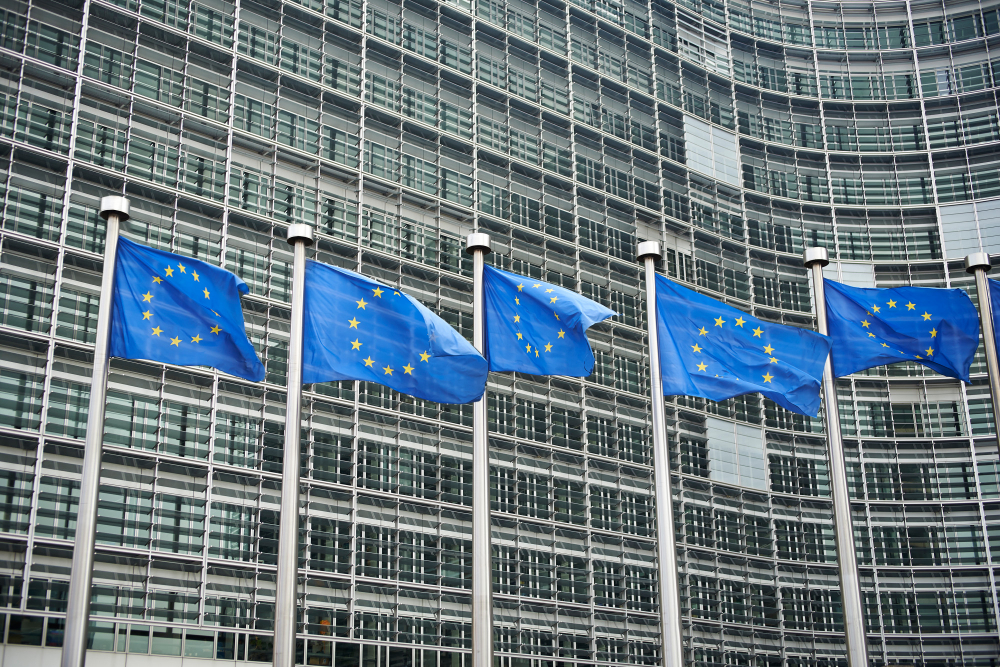Schengen Visa Fee Increases, Stricter Border Checks, and Updated Citizenship Rules: Key Changes in the EU for 2024
Key Highlights: EU Changes in 2024
-
Internal Border Controls Introduced and Extended
Several EU member states implemented or prolonged internal border controls this year. Notable examples include Germany, the Netherlands, and France, with measures aimed at addressing national security concerns and irregular migration. Some of these controls are set to remain in place through 2025. -
Schengen Visa Fee Increase
The EU raised the Schengen visa fees by 12.5% in June 2024, affecting nearly all applicants. Adult applicants now pay €90, while fees for children rose to €45. Certain exemptions and agreements kept costs unchanged for select groups. -
Entry/Exit System (EES) Postponed
The EES launch, initially scheduled for November 2024, has been delayed to 2025 due to operational challenges. The system aims to modernize border management by replacing passport stamping with biometric registration. -
Visa-Free Access for Vanuatu Revoked
For the first time, the EU removed a country—Vanuatu—from its visa-free travel list due to concerns over its investor citizenship program. Vanuatu passport holders now require visas to enter the Schengen Area. -
Work Migration Remains High
EU countries issued a significant number of work permits in 2024 to address labor shortages. For instance, Sweden granted nearly 24,000 permits, while Romania issued over 77,000 between January and September. -
New Citizenship Laws in Germany and Finland
- Germany: A new citizenship law now allows dual citizenship and reduces the residency requirement to five years, with shorter periods for certain groups.
- Finland: Increased the residency period for citizenship eligibility from five to eight years, with some exemptions.
-
Golden Visa Changes
- Hungary: Relaunched its Golden Visa Program, offering residency for investments starting at €250,000.
- Greece: Increased minimum investment requirements for its Golden Visa, with thresholds reaching €800,000 in high-demand areas.
-
Europe Retains Status as Top Travel Destination
The continent remained a popular choice for international visitors, with safety, cultural attractions, and robust tourism infrastructure being key factors.
These changes reflect the EU's evolving policies on migration, border management, and economic strategy in response to current challenges and opportunities.

